 Q: I’m looking for some tips I can share with families on communicating with people who have Alzheimer’s disease and related dementia.
Q: I’m looking for some tips I can share with families on communicating with people who have Alzheimer’s disease and related dementia.
A: Communicating clearly with another person requires that one has both good semantic memory (to pick the right words when speaking) and good working memory (to understand and interpret what the other person is saying). Unfortunately, in someone with Alzheimer’s disease, these two cognitive capacities are deeply affected. In my clinical practice, I sometimes witness struggles between a nurse and an older patient with dementia. Often the problem is that the patient does not engage to the degree expected by the nurse. The patient doesn’t listen….Well, we should say that the patient doesn’t understand!
Here are some key elements to remember when talking with a person with Alzheimer’s disease.
With the progression of this disease, patients lose more and more vocabulary, and it becomes very hard for them to follow a complex conversation. That’s why, for you to be understood, it is important to use simple and short sentences, speak slowly and clearly, ask one question or give one instruction at a time, and use non-verbal cues. Thus, patients will find it easier to understand you and they will be more likely to cooperate and participate during care and activities.
Avoid confrontation because it increases the risk of escalating agitation. For example, with a resident in a nursing home who’s thinking that it’s time to go to work, it is not helpful to resort to reality orientation therapy and tell him that he no longer has a job. It is better just to say that today is a holiday. In fact, questioning the memory of the resident may increase anxiety by bringing on a situation of incomprehension and, consequently, cause suffering that can increase agitation (physical or verbal).
A good way to avoid escalation is by using validation therapy, whereby we enter the person’s reality to connect with the emotions and worries they express. So when the 95-year-old patient is looking for her mother, it is more helpful to let her talk about her mother to make the mother real in her mind instead of telling her that she passed away many years ago. The latter would only upset her and create sadness.
Some nurses are uncomfortable with validation therapy because, in psychiatric courses, they learned the importance of telling the truth and helping patients differentiate between what is real and unreal. This approach to care was popular in the 1990s, but we now know that it is not effective for patients with dementia.
In spite of their disease, these patients still want to engage in conversation. However, few people take the time to listen to them because they cannot form logical thoughts. Using adapted active listening is a powerful way to preserve the identity of the individual, to foster exchanges and to avoid confrontation. In this type of conversation, you focus on the dialogue’s form instead of its content. Your responses must be unconditionally positive — “That’s right!” “Of course!” “I agree with you!” — and should be offered each time the patient stops talking. The patient will derive pleasure from such exchanges, which will enhance the expression of emotions and improve self-esteem.
Finally, one has to remember that some patients with Alzheimer’s disease rely on communicating their needs through their behaviour because they can no longer use the right words. As caregivers, we should also pay attention to our own non-verbal behaviour; it often communicates more to our patients than do our words.




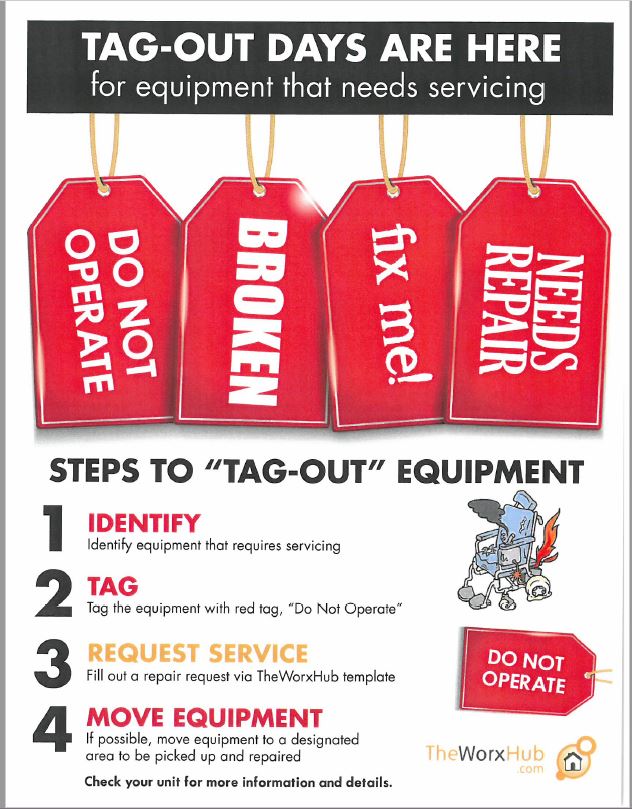

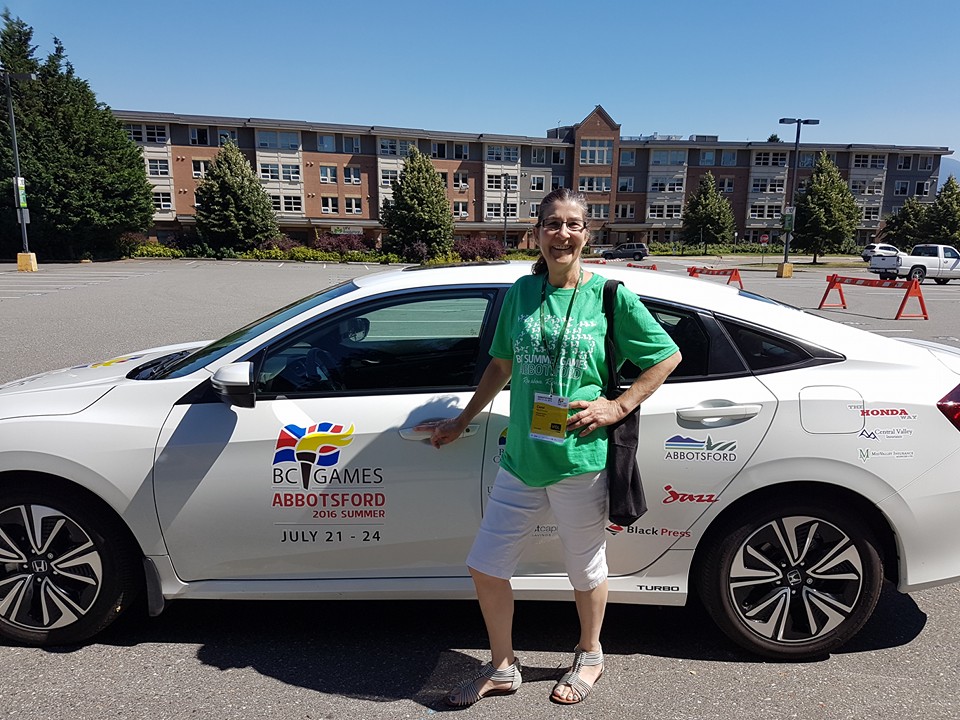
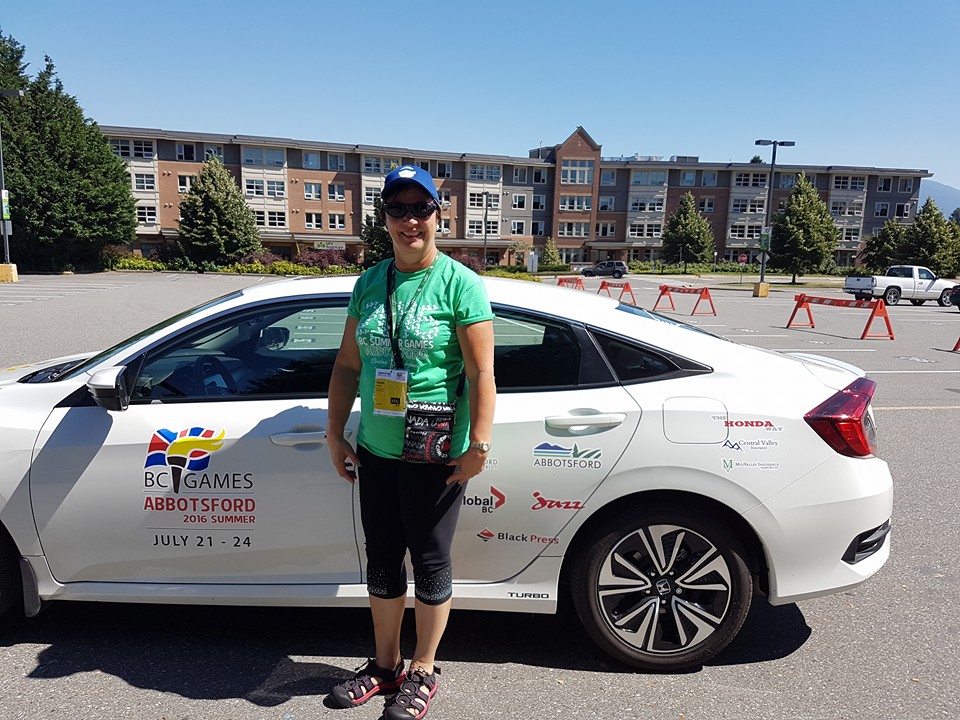
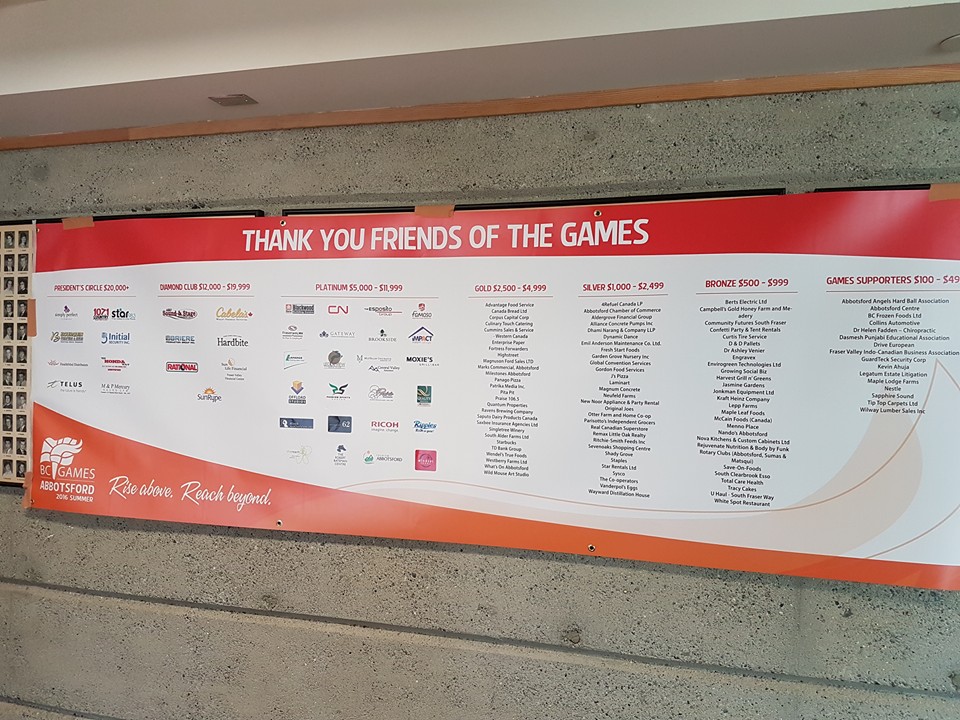

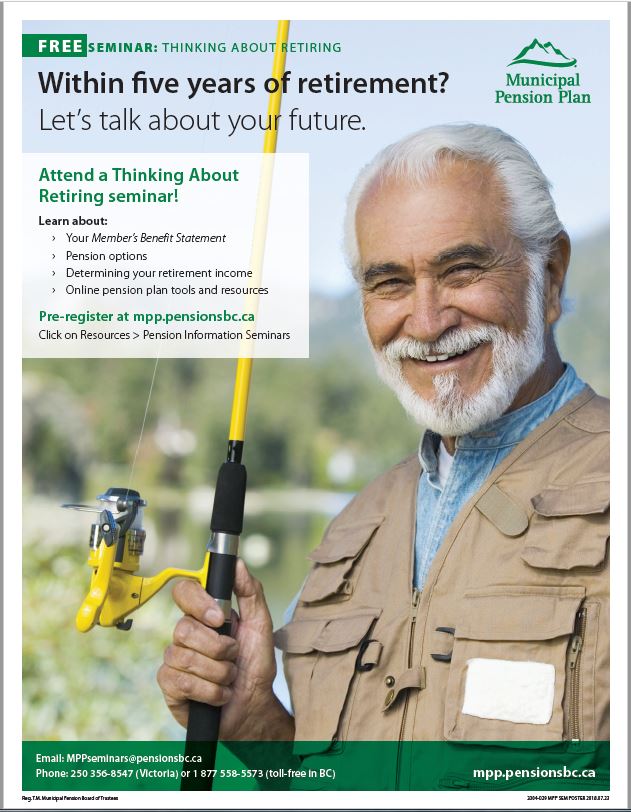
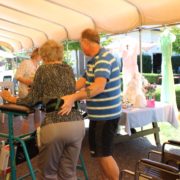
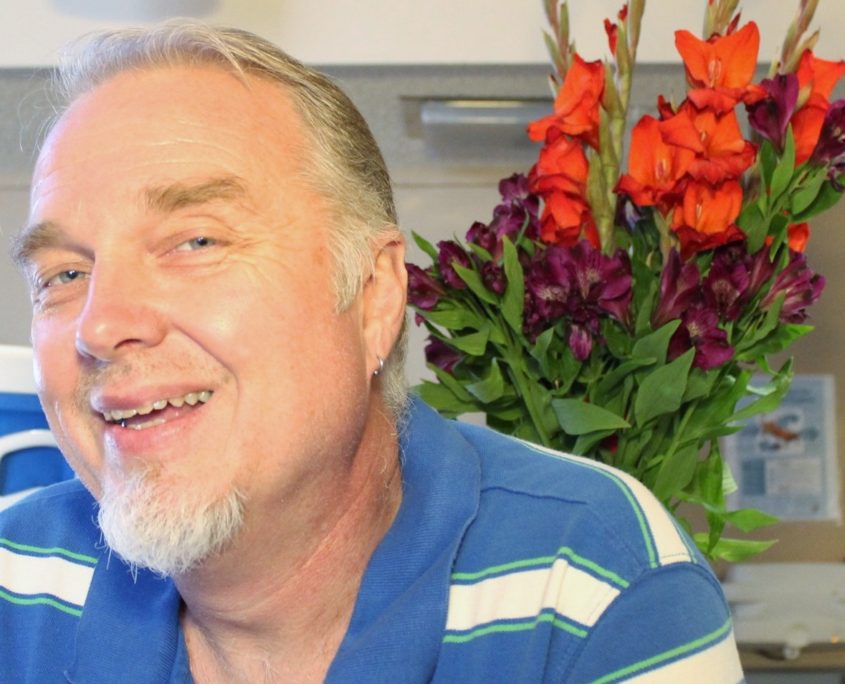 Here’s what Dale says about his upcoming journey,
Here’s what Dale says about his upcoming journey,


 Teresa says, “I’d love to come and help serve the treats for dessert after a meal! Mom would love it! she grew up on a farm and was always freezing blueberries among many things, and vanilla ice cream was her favourite! I’m very interested in EVERYONE getting a treat! If anyone has a dairly allergy/lactose intolerance, I’ll provide a substitute for them.”
Teresa says, “I’d love to come and help serve the treats for dessert after a meal! Mom would love it! she grew up on a farm and was always freezing blueberries among many things, and vanilla ice cream was her favourite! I’m very interested in EVERYONE getting a treat! If anyone has a dairly allergy/lactose intolerance, I’ll provide a substitute for them.”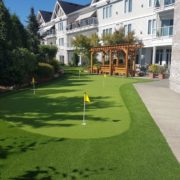
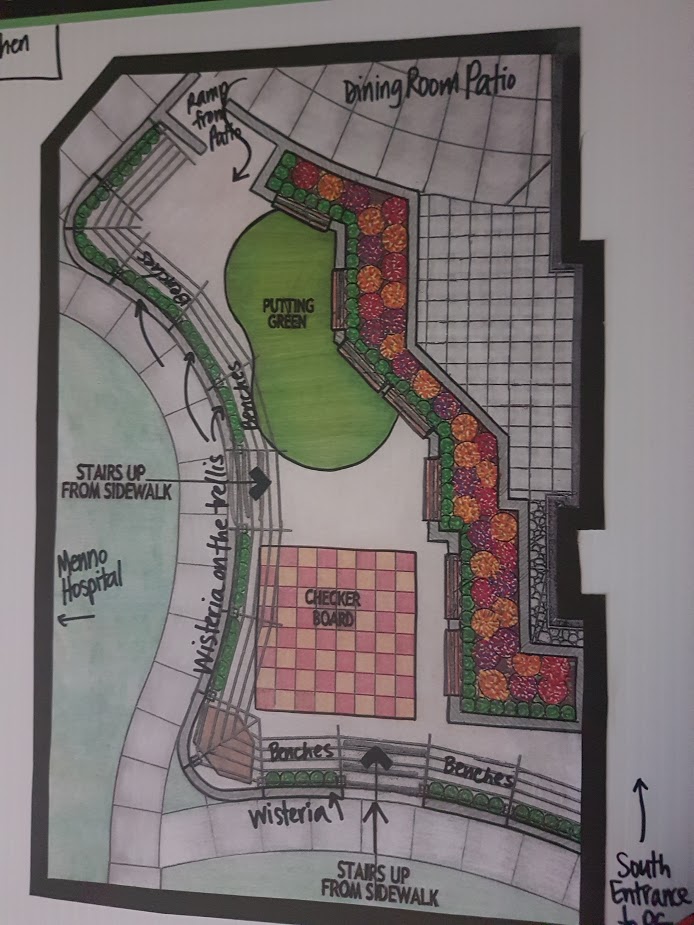

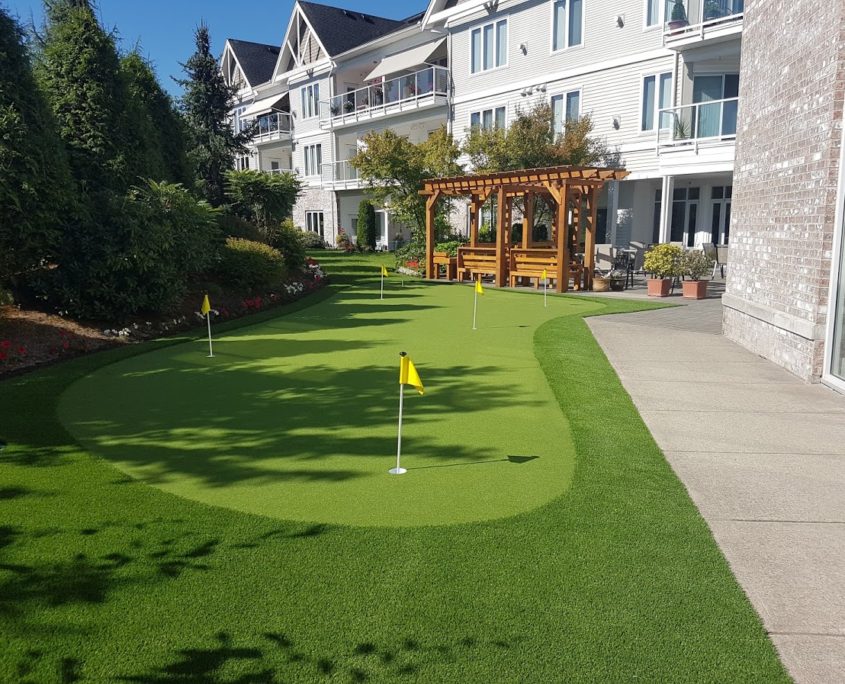
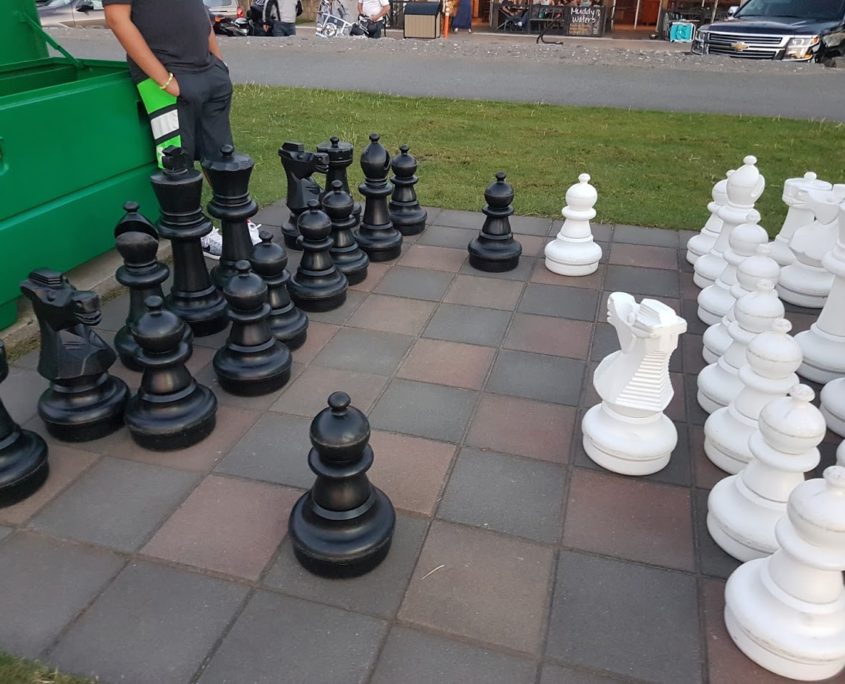
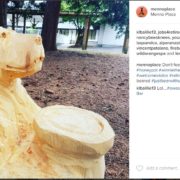
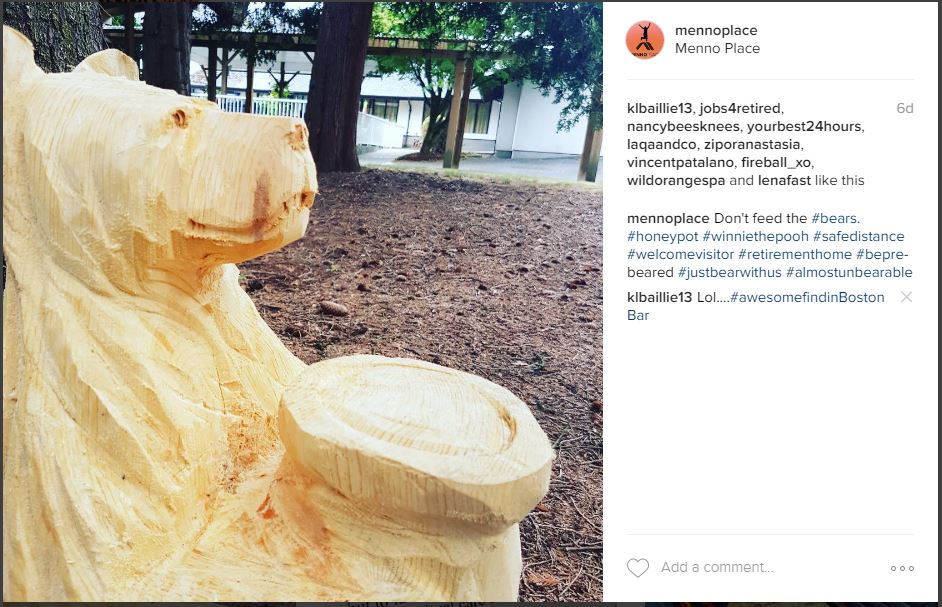
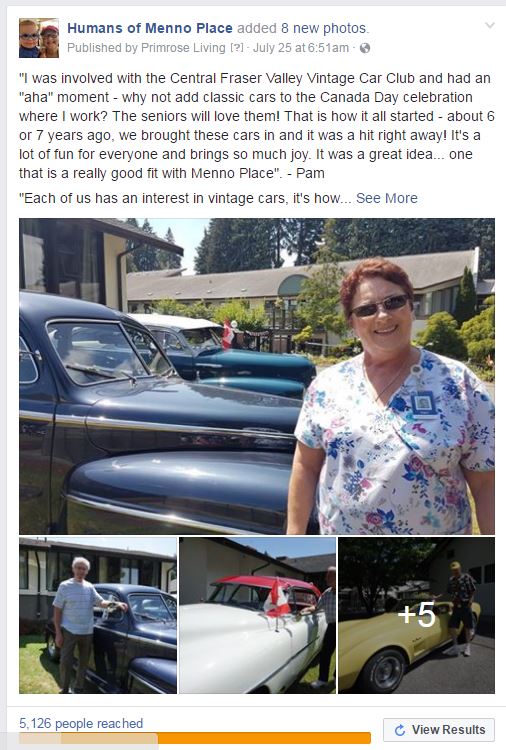

 Q: I’m looking for some tips I can share with families on communicating with people who have Alzheimer’s disease and related dementia.
Q: I’m looking for some tips I can share with families on communicating with people who have Alzheimer’s disease and related dementia.
